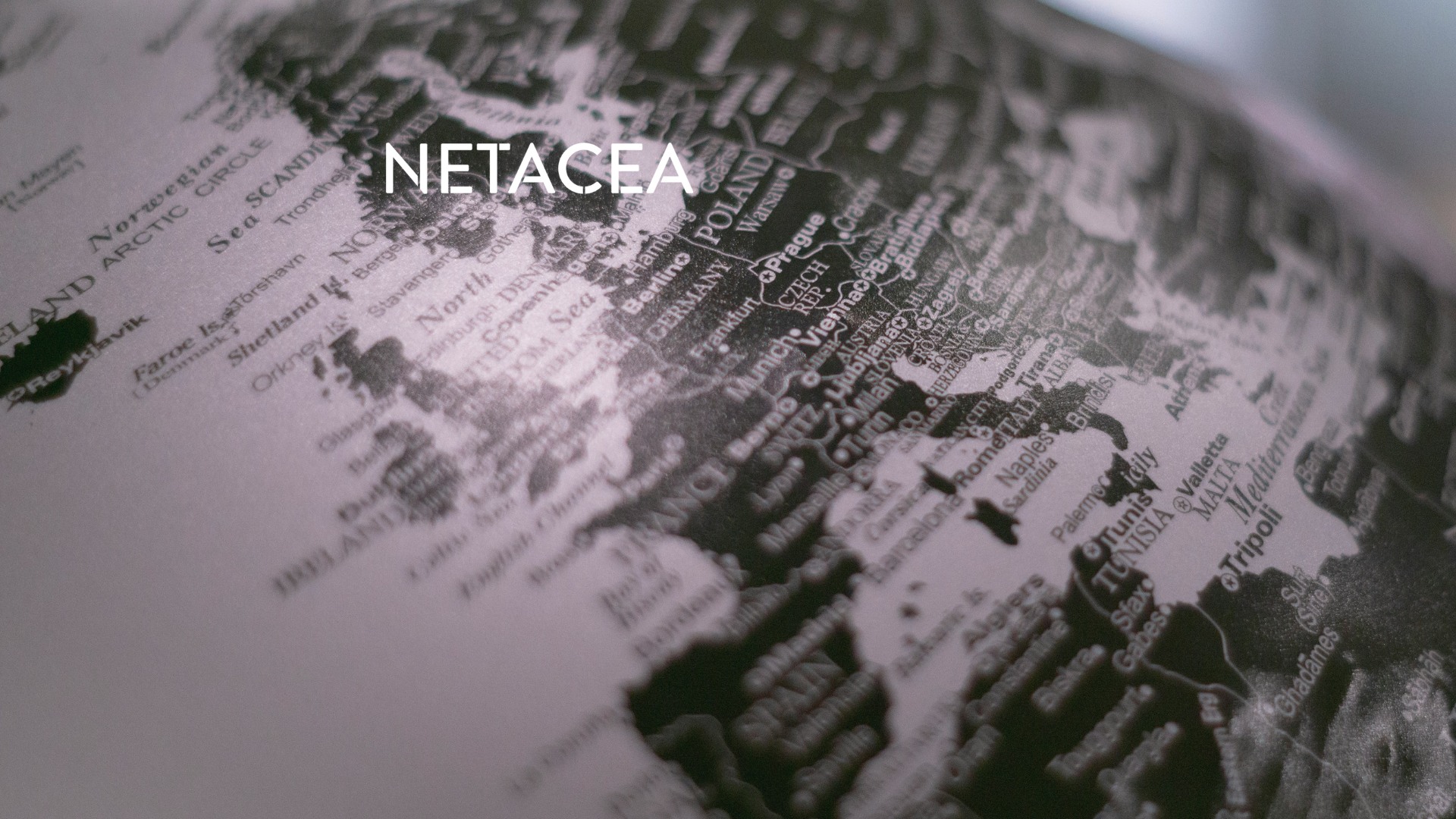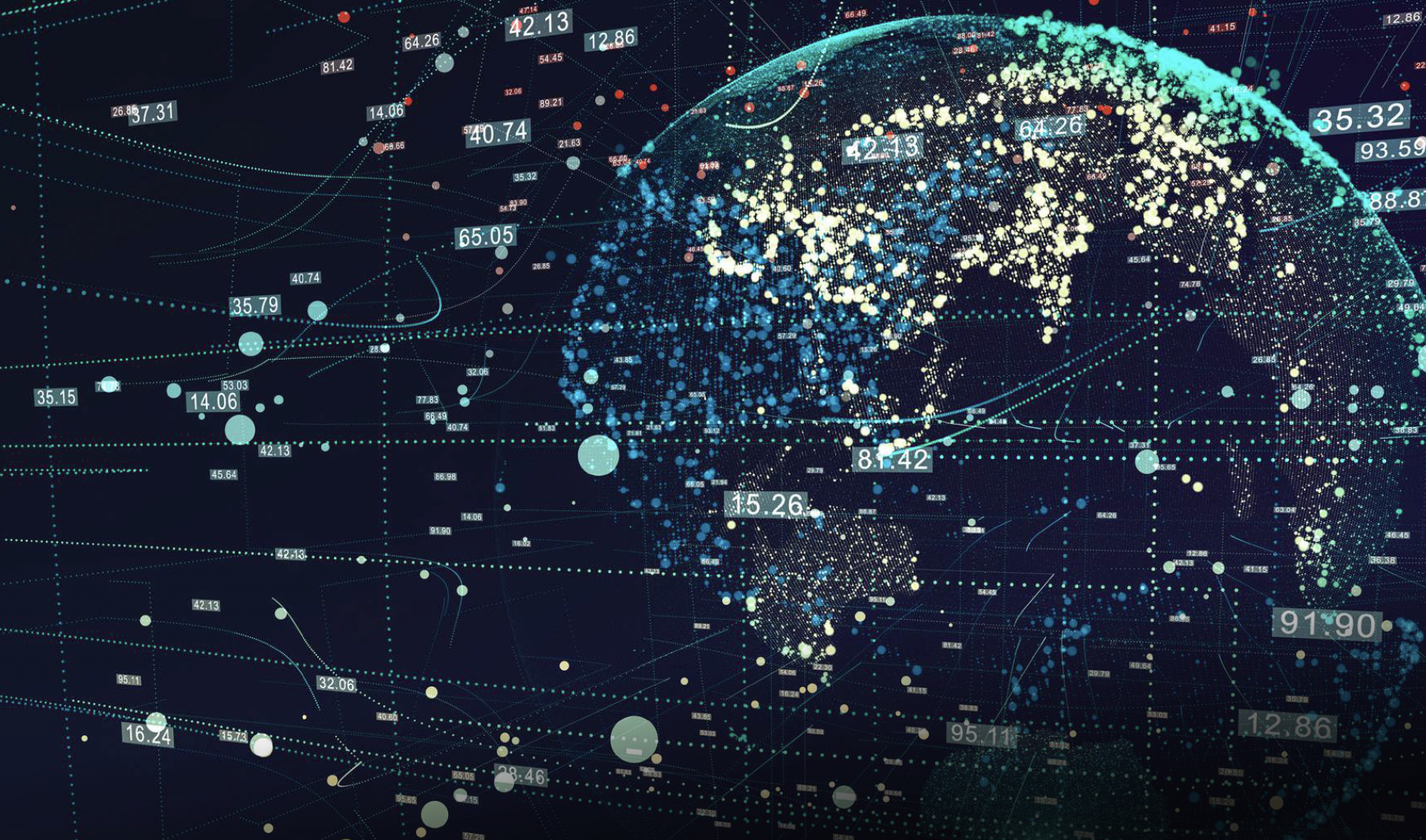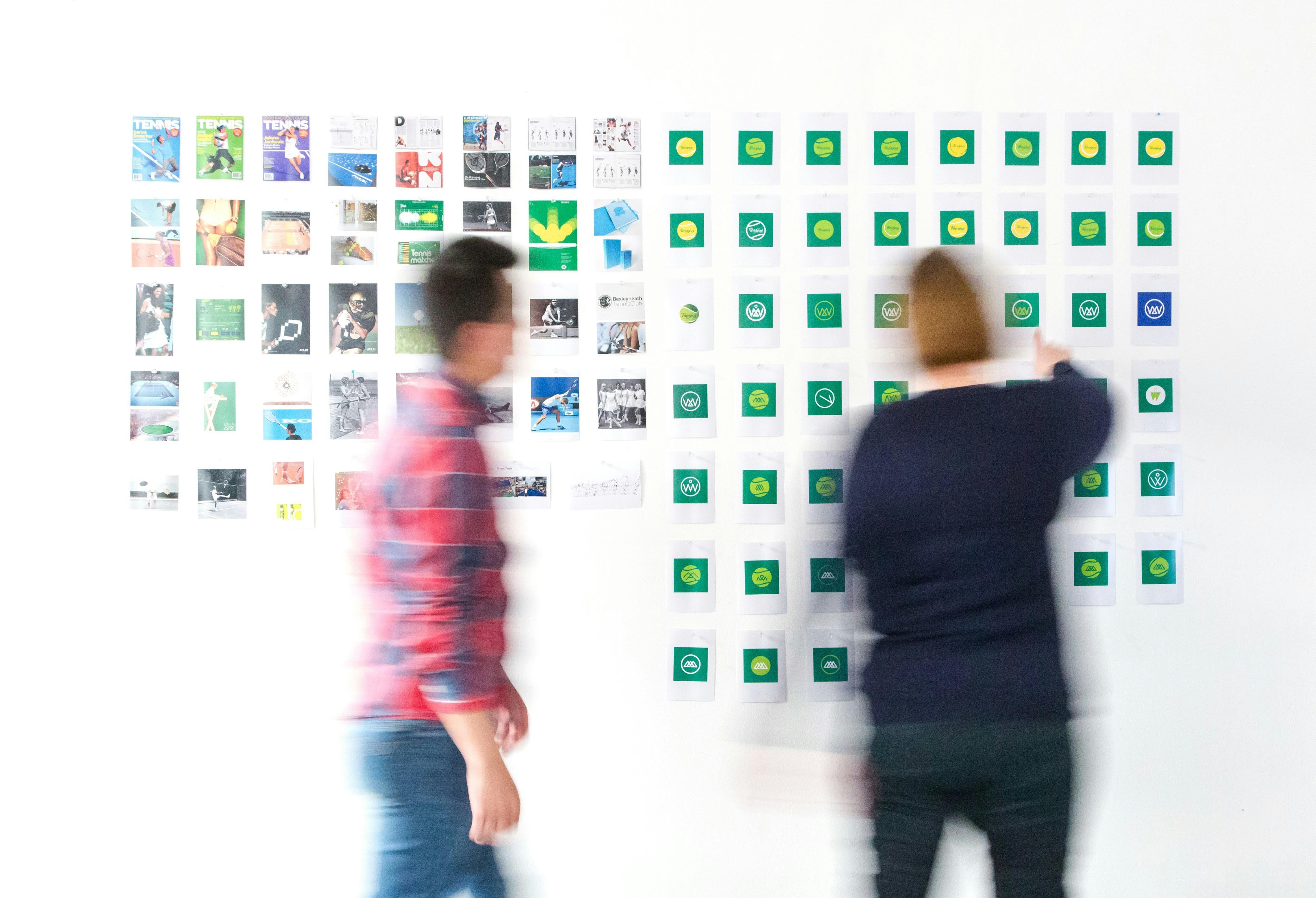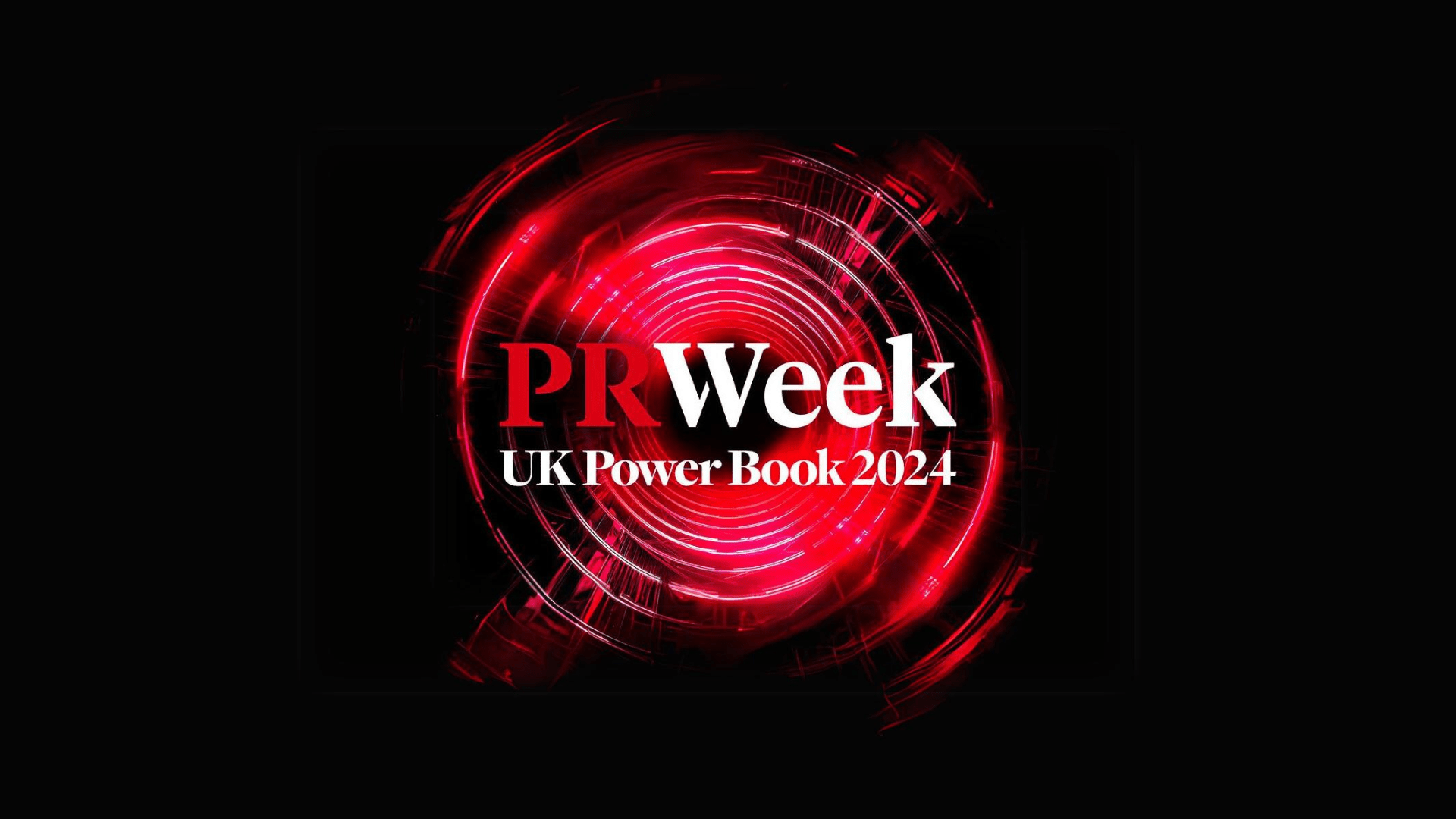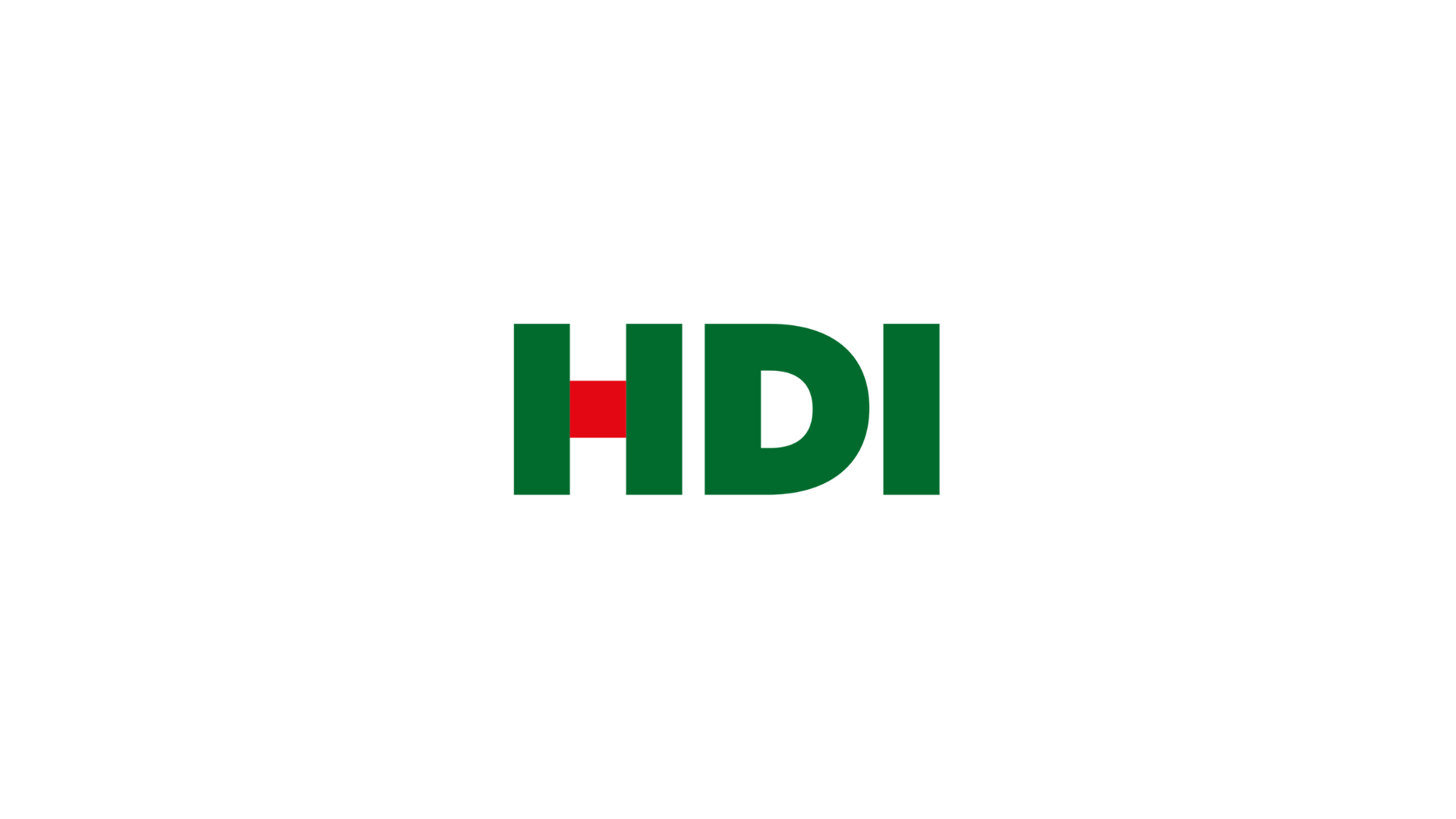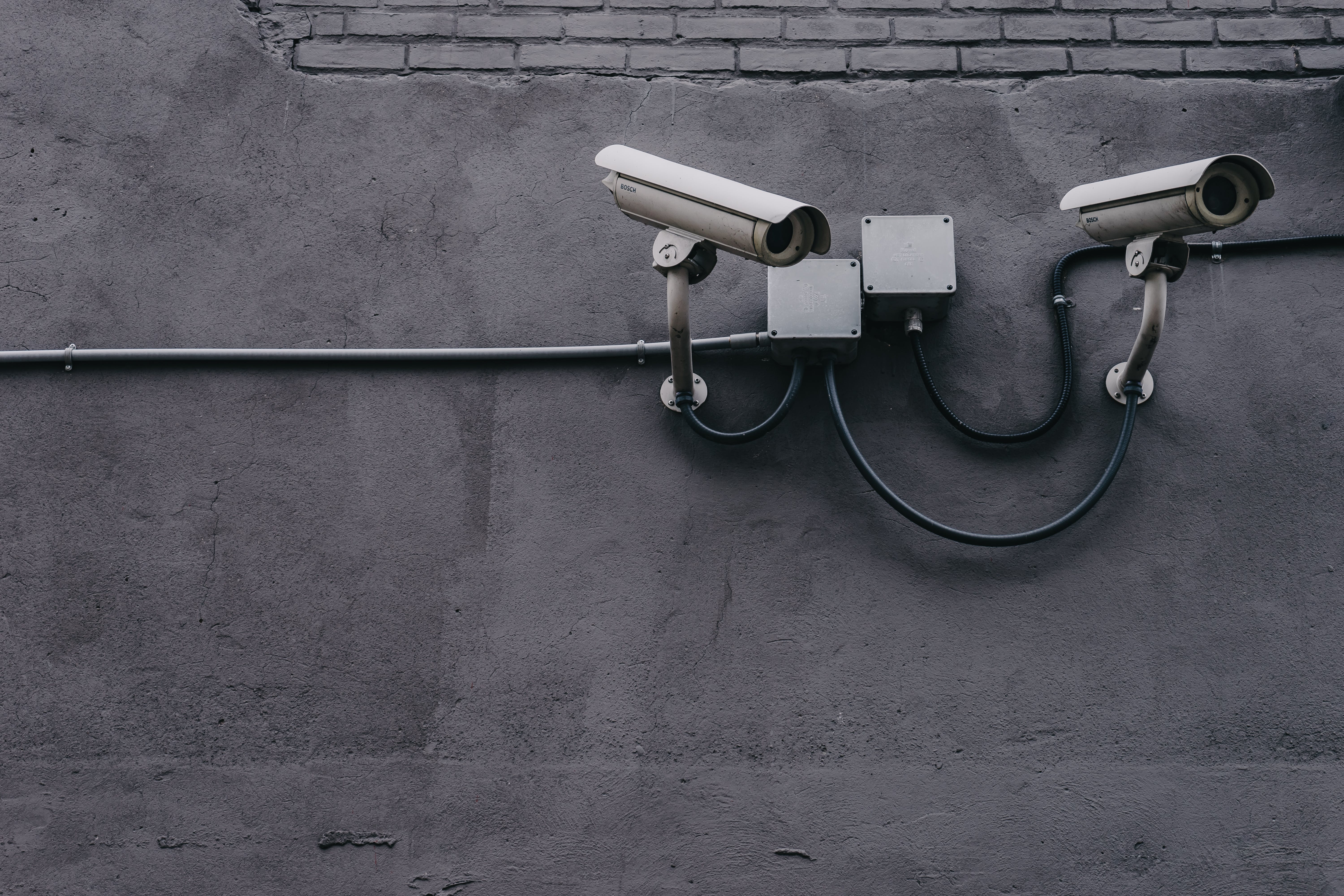While the trailer portrays the series as a typical whodunnit murder mystery, The Capture actually focuses on a technology craze that is dominating headlines at the moment—deepfakes. For those that don’t know, deepfake uses artificial intelligence (AI) to superimpose images onto existing sources. The most popular application of the technology to date has seen celebrities’ faces superimposed on to the bodies of porn stars. But it’s not just amateur hobbyists using the tech to tarnish reputations—it has also been used in the latest Will Smith movie Gemini, that sees Will Smith acting alongside his younger self.
The Capture has a big focus on video from the outset—at the start, we see ex-soldier Shaun Emery win his appeal against his conviction for murder in Afghanistan. Shaun’s barrister enlists the help of a video expert to prove that the latency in the video means he was wrongly convicted.
But after he is released from prison, we see CCTV footage of Shaun attacking his barrister – it’s hard to believe Shaun’s story that the video is fake, and it’s not him (especially as he’s just been released on the grounds of false video). It’s even harder to believe that it is the police that have used digital doubles to create this fake video footage.
It’s scary to think how deepfake technology can be used to the detriment of others (as per the celebrity craze we are seeing at the moment, or how it is ‘justified’ in The Capture). If you haven’t seen deepfake video, it’s mind blowing how real it looks. And it’s a weird thing to process, too, watching something that looks completely and utterly real, knowing it is fake. It truly demonstrates just how powerful the medium of video is.
But just with every technology, there are always good and bad applications (it’s something our Head of Enterprise Tech spoke on recently with AI). Our client, InterDigital R&I, has created a digital double solution which won an IBC Best of Show award last month. By using a rig of 14 cameras, the digital double solution computes a full 3D mesh of the face and upper body—all done in just 25 minutes. Duncan, our Head of MediaTech, had his digital double created when he was at IBC, and you can see the life-like outcomes below. This “good” application of technology would allow, for instance, video gaming companies to include a player’s digital double into their favourite game.
And just as we’ve seen digital double technology used in Gemini, InterDigital R&I’s technology has already been used by production companies like Disney and Paramount in blockbuster films such as the Jungle Book and the Shape of Water.
Although there are fantastic applications of the technology à la InterDigital, there are more and more headlines dedicated to the dangers and concerns of how the technology is used—the amount of deepfake video out there is growing, fast. And not only are there stories around how it is becoming a problem for women, there are also concerns about how it is used in politics.
As a result, we are seeing people fighting technology with technology to prevent improper use. It was recently announced that Facebook, Microsoft, and The Partnership on AI coalition and academics from seven universities have joined forces to create the Deep Fake Detection Challenge (DFDC). Open to the public, the aim of the DFDC is “to produce technology that everyone can use to better detect when AI has been used to alter a video in order to mislead the viewer.”
There is no doubt that deepfake is an exciting and intriguing technology that is being developed. As areas like interactive video and gaming start to rise with the advent of 5G, we’ll certainly see the technology develop further as new services are brought to market. The Capture wasn’t just another gripping TV series from the Beeb—as technology becomes ever ingrained in our everyday lives, and with growing concerns around facial recognition and CCTV, it’s highlighted and brought to the attention of many just how dangerous tech can be.
While the technology may have been created with good intentions, just like any other tech, we need to pay attention to, and ensure that the technology isn’t being used to cause harm to others. While there is much more to see from deepfake, it’s certainly up to the industry to ensure that the technology is continually developed.
Otherwise, The Capture won’t be a top BBC drama, it will become a reality TV series…
